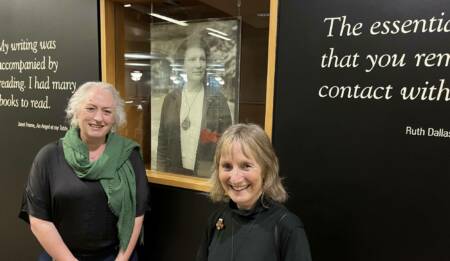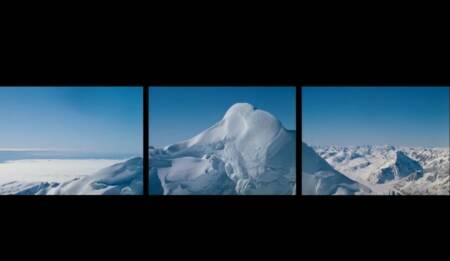UNESCO Memory of the World
UNESCO believes that the world’s documentary heritage belongs to all, should be fully preserved and protected for all and, with due recognition of cultural mores and practicalities, should be permanently accessible to all without hindrance.
What is the Memory of the World programme?
UNESCO launched the Memory of the World programme in 1992. This programme aims to recognise significant documentary heritage in a similar fashion to the way UNESCO’s World Heritage Convention and World Heritage List recognises significant natural and cultural sites.
The International Memory of the World Register, administered by UNESCO, seeks to identify items of documentary heritage which have worldwide significance. It aims to bring the value and significance of documentary heritage to wider public notice, along with the work performed by libraries, archives and museums in preserving this valuable heritage.
The specific objectives of the Memory of the World Programme are to:
- facilitate preservation by the most appropriate techniques of the world’s documentary heritage
- assist universal access to documentary heritage
- increase awareness worldwide of the existence and significance of documentary heritage.
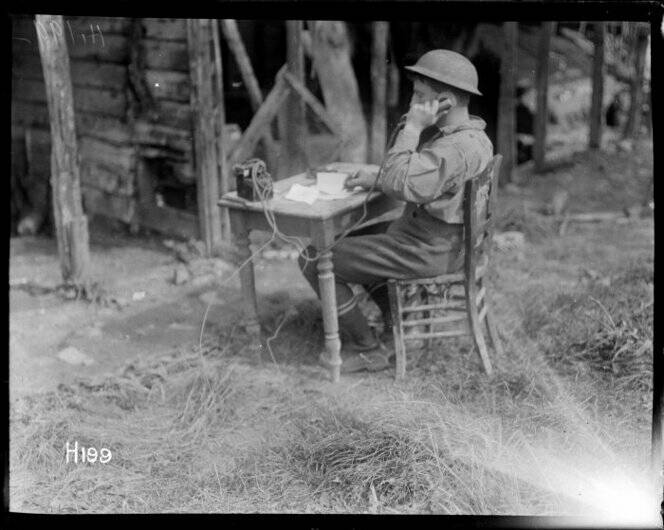
The New Zealand Memory of the World Programme
We established the New Zealand Memory of the World Programme in 2010. It is one of over 60 Memory of the World programmes worldwide. The New Zealand programme is managed by a Committee which includes heritage experts from a range of organisations.
The New Zealand programme aims to:
- develop the New Zealand Memory of the World Register
- propose nominations to the Memory of the World International Register
- participate in selected heritage activities and be an advocate for the documentary heritage sector.
The programme operates within the regional framework of MOWCAP, the Memory of the World Committee for Asia/Pacific.
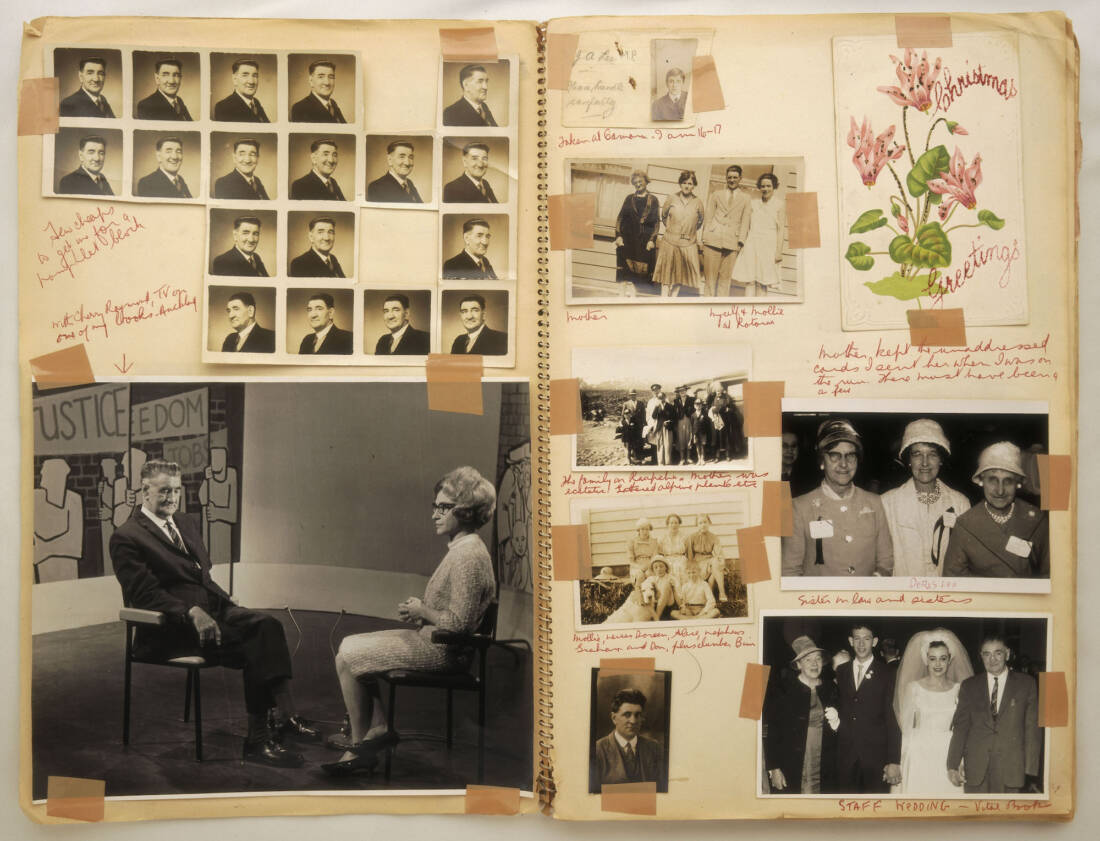
What New Zealand items are on the International Memory of the World Register?
Four New Zealand items are inscribed on the international register – the Treaty of Waitangi, the Women’s Suffrage Petition, the Sir Edmund Hillary Archive and Katherine Mansfield's personal papers (which were added in 2025).
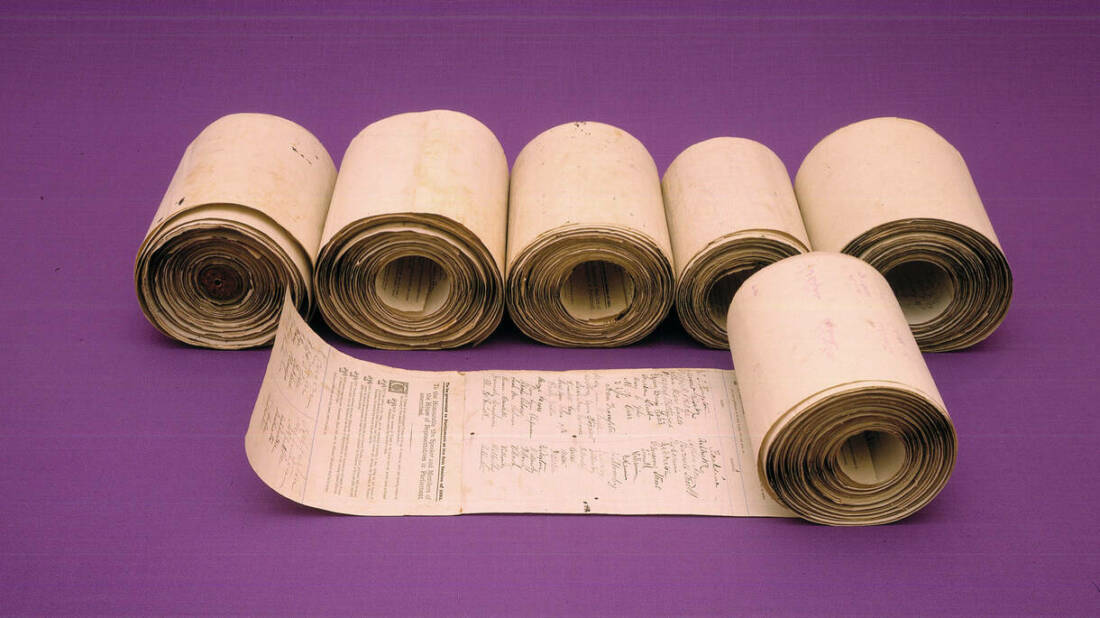
What items are on the New Zealand register?
There are currently 55 items on the New Zealand register including:
- PATU! (a documentary about the 1981 Springbok Tour to New Zealand)
- Pickerill Papers on plastic surgery
- New Zealand Oral History collection 1946-48
- He Whakaputanga o te Rangatiratanga o Nu Tireni (Declaration of Independence of the United Tribes of New Zealand)
- Suzanne Aubert’s ‘Manuscript of Maori conversation’
- Colin and Anne McCahon Papers
- Crown Purchase Deeds
- Herries Beattie Papers
- Kerikeri Mission Te Reo Slates
- Jack Lovelock Papers
- Katherine Mansfield Literary and Personal Papers
- God Defend New Zealand Original Score and Lyrics.
- Janet Frame: Literary and Personal papers

